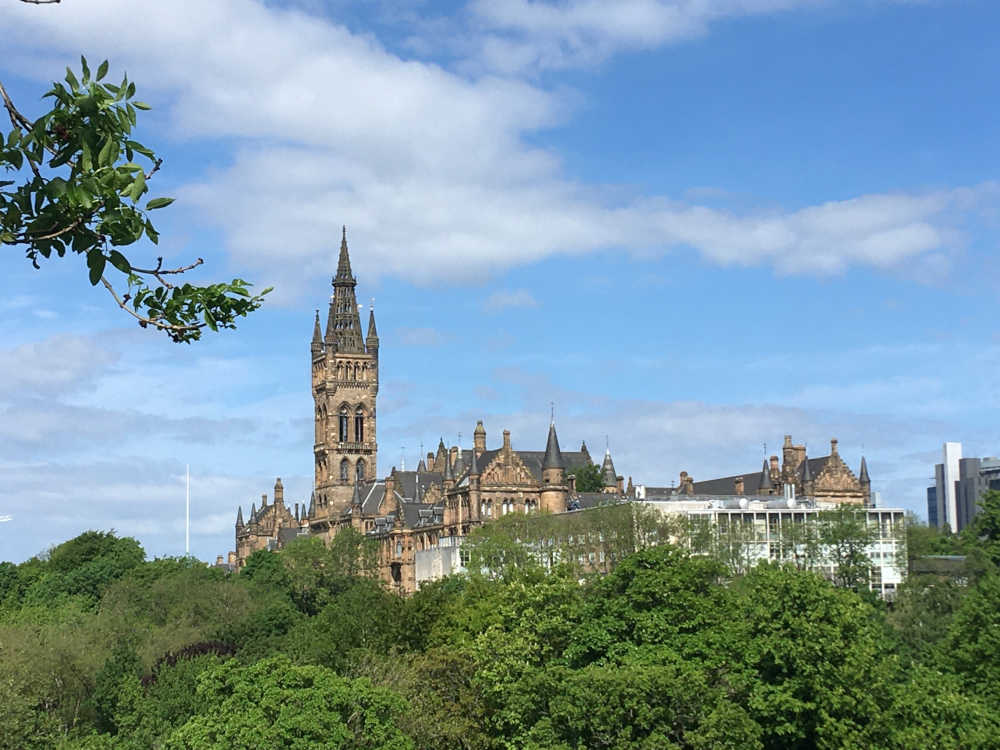The University of Glasgow has been named the university of the year by the Times Higher Education (THE) Awards.
The university’s work to redress its historic links to slavery through programme of reparative justice helped secure the prestigious award on Thursday.
The awards celebrate the achievements of individuals, teams and institutions working in Higher Education.
The judges hailed Glasgow as a “hugely deserving” University of the Year.
As well as the University of the Year award, Glasgow was shortlisted in the Technological or Digital Innovation of the Year category for its work to create a three-dimensional virtual reality classroom for students to understand complex molecular structures.

The news comes in a year when the University of Glasgow saw improvements in three major university rankings including:
The Times and The Sunday Times Good University Guide 2021, rising two places to 14th in the UK and remains 2nd in Scotland; THE World University Rankings in which Glasgow moved up seven places to 92nd and the Guardian University Guide in which Glasgow rose two places to 12th in the UK.
Professor Sir Anton Muscatelli, Principal and Vice-Chancellor of the University of Glasgow, said: “It is an enormous honour to be named as the Times Higher Education (THE) University of the Year for our work around historic slavery and reparative justice. I want to thank the judging panel and THE for their decision.
“We were the first UK university to recognise our historic links to slavery by researching our past and being open about all that we found. For any institution, talking about historical links to slavery can be a difficult conversation but we felt it was a necessary and right one for our university to have. For Glasgow, this initiative has had an immense impact on our institution today – in the way we teach, the way we think of ourselves and how we think about and interpret our history.
“Issues of race and racial justice are coming more to the fore in our society today not only in the UK but also more widely in the western world. So for me and the University of Glasgow, the work we are doing on reparative justice is also a platform for how we achieve racial justice, not just around our links to slavery but what it means today for a university that strives to move forward putting equality and justice at its heart.
“The programme of reparative justice we have embarked upon at Glasgow is a start but it’s certainly not an end point. I am extremely grateful to our students, staff and partners in the University of the West Indies, in the city of Glasgow and our advisory board who have worked to make this initiative a reality.”
